The field of artificial intelligence (AI) has seen exponential growth in recent years, revolutionizing sectors from finance to healthcare. A notable application is in the practice of mammography, where AI has demonstrated its capacity to alleviate the burden on radiologists and enhance the precision of breast cancer detection.
Understanding AI in Mammography
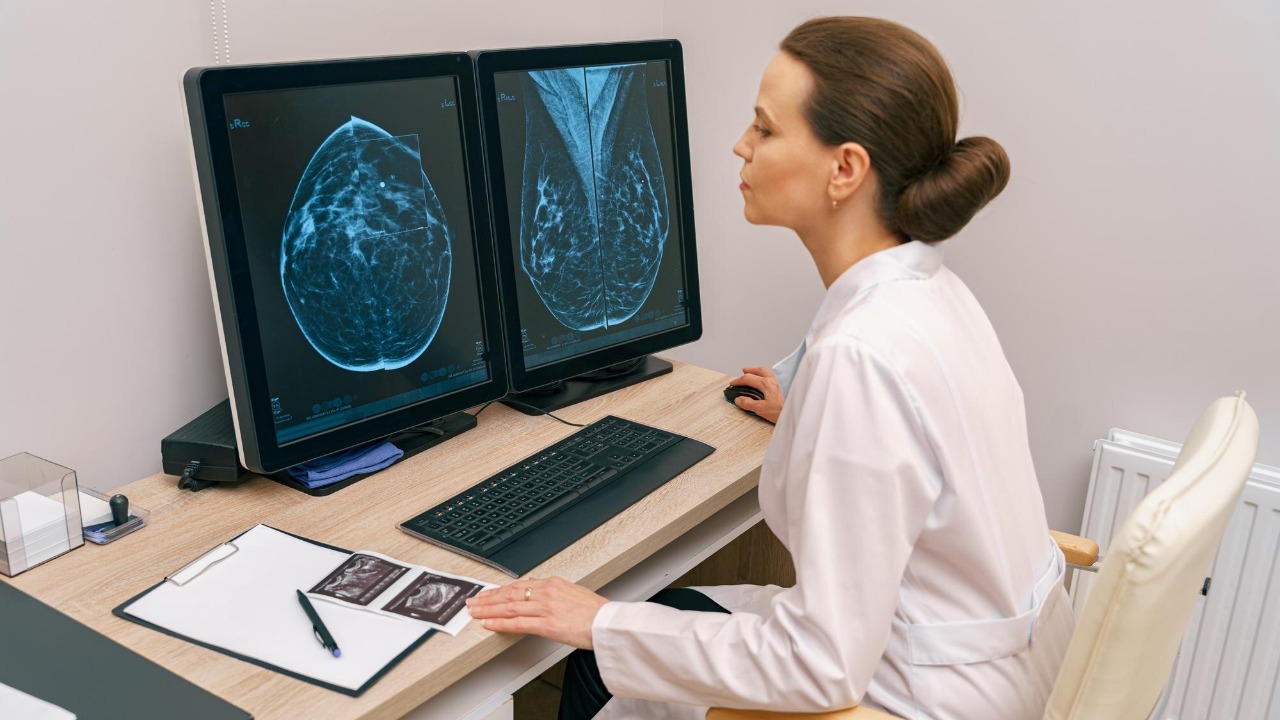
Artificial intelligence can be defined as the simulation of human intelligence processes by machines, particularly computer systems. In mammography, AI is primarily used to analyze medical imaging and assist in the detection of abnormalities that could signify the presence of breast cancer. It achieves this through the implementation of machine learning algorithms trained on large datasets of mammograms.
An AI system processes a mammogram by segmenting the image into areas of interest, identifying features, and classifying them based on their likelihood of malignancy. The AI system then presents its findings to a radiologist who makes the final decision. This process is not only efficient but also augments the accuracy of the diagnosis, as outlined in a study in Radiology.
The Role of AI in Reducing Radiologists’ Workload
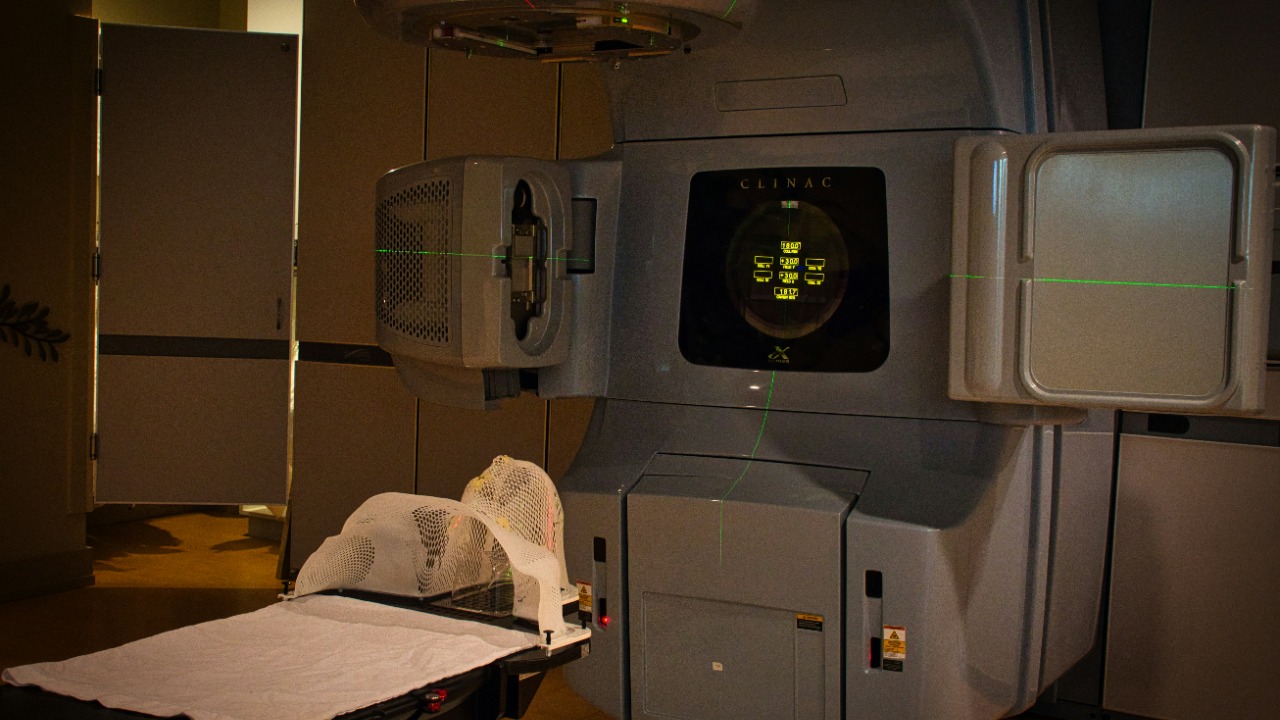
Traditional mammogram reading is a demanding and time-consuming task. Radiologists must meticulously analyze each image for subtle signs of cancer, a process that can lead to fatigue and the possibility of missed diagnoses. AI provides a solution to these challenges by automating the initial analysis of the images, freeing up radiologists to focus on more complex cases.
AI-assisted mammogram readings have been shown to reduce radiologists’ workload while maintaining performance levels. A study published in the American Journal of Managed Care demonstrated that AI could handle approximately 20% of mammogram readings without significantly affecting diagnostic accuracy. This reduction in workload allows radiologists to dedicate more time to patient care and other responsibilities.
Improving Breast Cancer Detection with AI
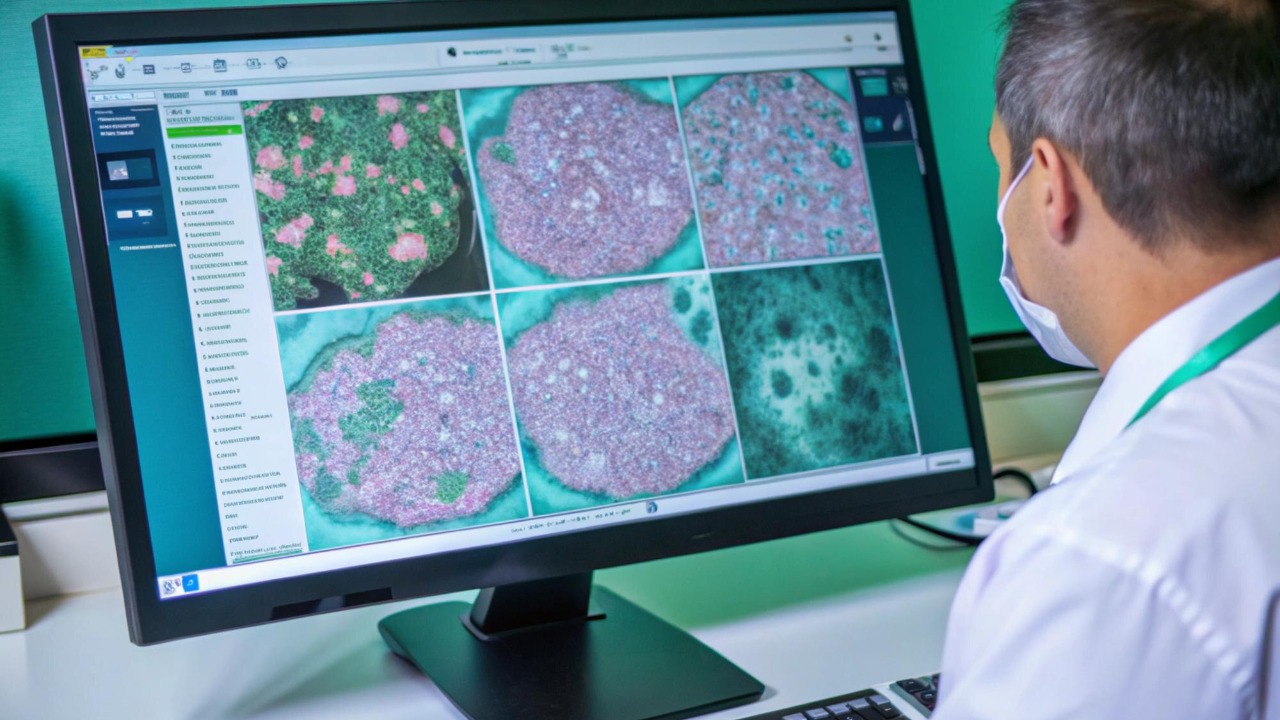
The accuracy of AI in detecting breast cancer is impressive. AI systems have been found to identify cancers that radiologists may overlook and dismiss false positives more accurately. A CNN report highlighted a study where AI outperformed trained radiologists in identifying breast cancers on mammograms.
Early detection of breast cancer improves the chances of successful treatment and survival rates. AI’s ability to accurately detect malignancies, even in their early stages, can significantly impact patient outcomes. By providing more precise and quicker diagnoses, AI enhances the potential for more effective treatment planning and improved patient outcomes.
Impact on Patient Outcomes and Care
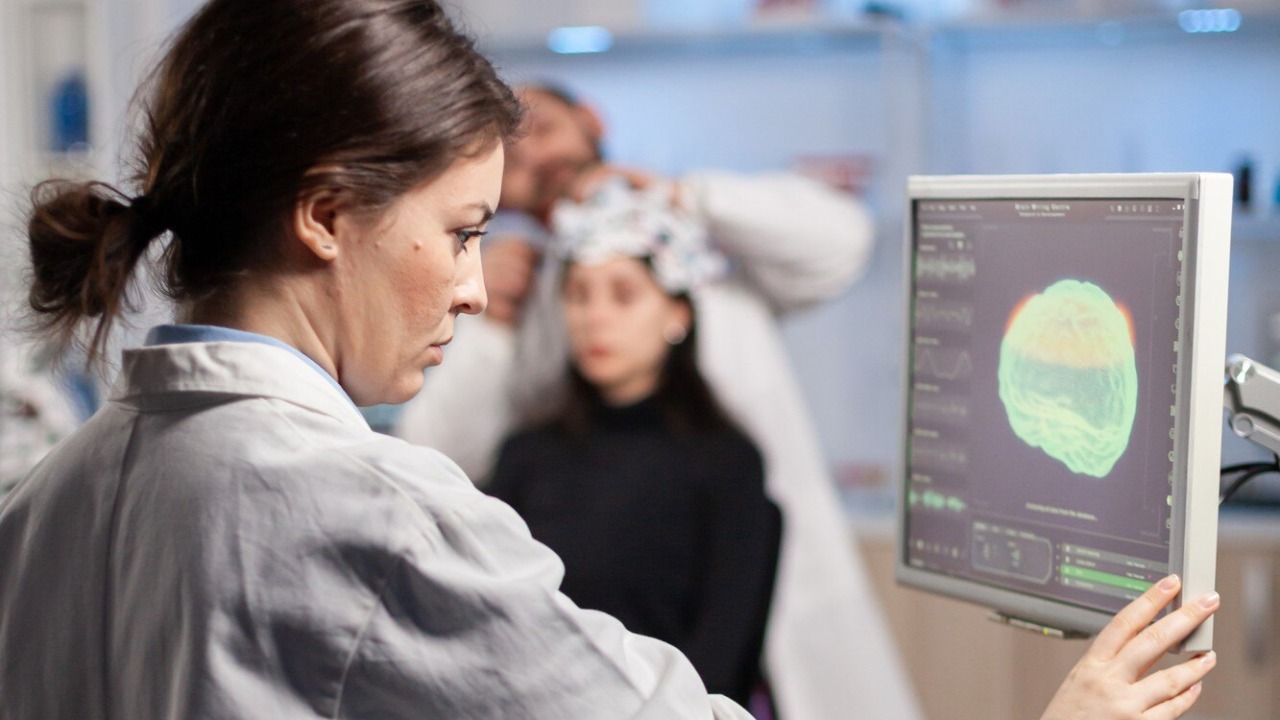
The use of AI in mammography can significantly impact patient satisfaction and outcomes. Faster and more accurate detection means quicker initiation of the appropriate treatment, which can significantly improve prognosis. Furthermore, the reduction in false positives reduces unnecessary stress and procedures for patients, improving their overall experience.
AI’s ability to offer quicker diagnoses also positively impacts treatment plans and recovery rates. A study in the Journal of Clinical Oncology found that the use of AI in mammography led to earlier initiation of treatment, which was associated with better survival rates.
Challenges and Future Prospects of AI in Mammography
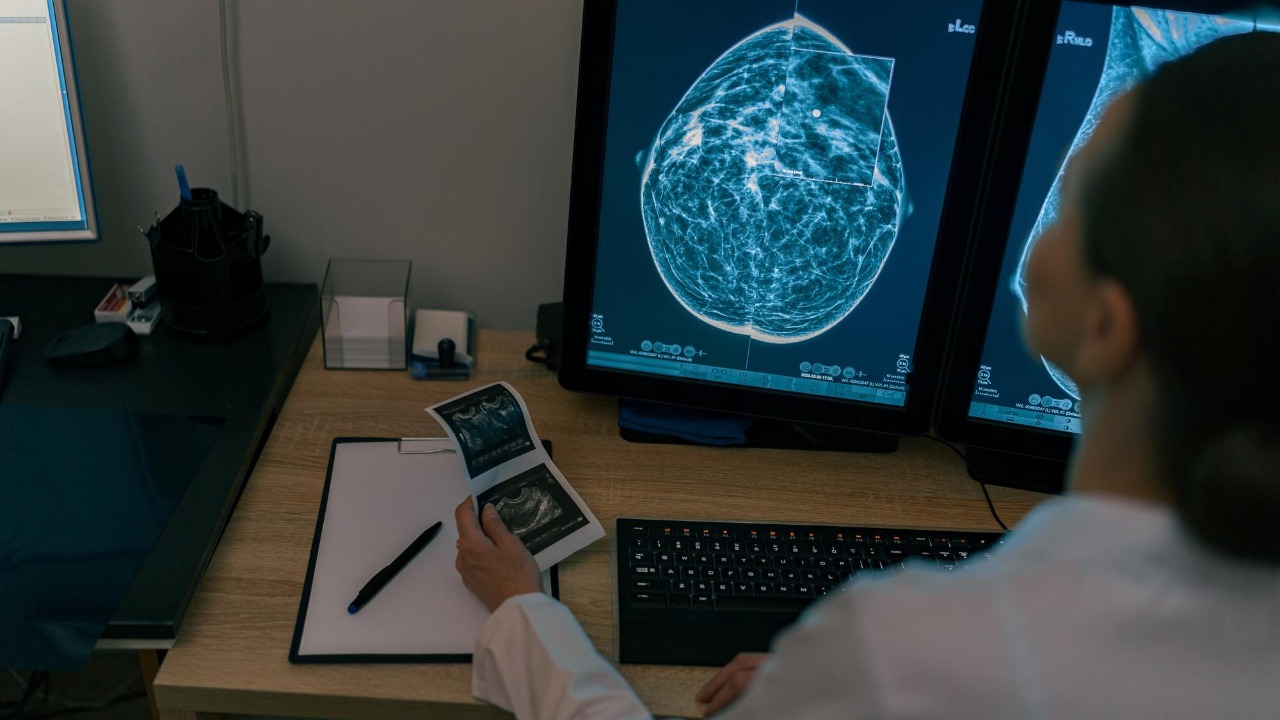
Despite the significant advantages, the integration of AI in mammography is not without its challenges. These include the high costs of implementing AI systems, the need for robust data protection measures given the sensitive nature of the data involved, and the necessity for extensive training of healthcare professionals in the use of these systems.
However, the future of AI in mammography is promising. With ongoing advancements in AI technology, we can expect to see more sophisticated systems that can analyze mammograms with even greater accuracy. As outlined in a Radiology report, researchers are exploring the potential of AI to predict a patient’s future risk of developing breast cancer, opening up exciting possibilities for personalized preventive care.